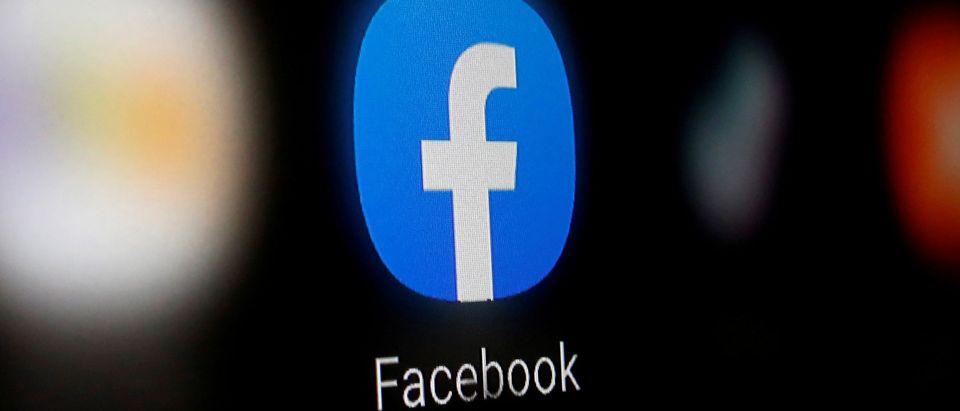The European Union (EU) is at it again. Much like they did with their sweeping privacy law (i.e., the General Data Protection Regulation (GDPR), the EU seeks to regulate American companies and, by extension, American consumers from across the pond with its latest Digital Service Act (DSA).
The DSA will require larger tech companies (e.g., Twitter, Facebook, Google, Apple, etc.) to remove “illegal content” from their platforms. This means that the EU can fine an American tech company up to 6% of its global annual revenue for anything the EU finds as “hate speech.” (RELATED: VICTOR DAVIS HANSON: Tearing Down The Silicon Valley Wall)
Hint, conservative thoughts and values are at the top of the EU’s list of “hate speech” content.
Like its GDPR, the EU intends the law to apply extraterritorially, which means the law bleeds over into international jurisdictions (including ours). When in effect in January 2024, the DSA will ultimately decide how Americans can interact with content, even if it doesn’t necessarily come straight from the EU.
The main issue being that the EU is more inclined to censor political speech, where we tend not to so citizens can freely express themselves. For instance, the French Parliament recently passed a new law to empower judges to remove “fake news” during election campaigns in 2018. (RELATED: EXCLUSIVE DEBATE: Can The First Amendment Rein In Big Tech Censorship?)
Given the DSA’s inevitable extraterritorial effect and the U.S.’s civil-liability protections under Section 230 of the Communications Act as courts have currently interpreted it, Americans are more likely to wake up to an even more “woke” internet when the EU law is in full swing.
Case in point, some on the Left have lauded the approach and even suggested the U.S. adopt the framework to restrain Elon Musk from encouraging more speech on Twitter — or in liberal speak: to prevent a wave of “disinformation” on Musk’s platform.
Hogwash! Such a view demonstrates a naïveté on the real effects the DSA will bring to our shores and a fundamental misunderstanding as to how it is inconsistent with our own core values — our freedom of speech and expression.
If the U.S. adopts the DSA wholesale where the U.S. requires platforms to take offensive content down, then that law may be unconstitutional via the First Amendment as the Supreme Court interpreted in PG&E v. Public Utilities Commission and Miami Herald Publishing Co. v. Tornillo.
The reason being is that the U.S. government would be asking platforms to take down content it doesn’t like, which is akin to the First Amendment violation in those cases.
However, there is something that the U.S. can do to ensure that the EU doesn’t encroach on our freedom of digital expression, while promoting free speech online. The U.S. can simply apply a public accommodation requirement to a platform’s Section 230 immunity.
Practically, this means a platform would not get Section 230 immunities when they censor users based on gender, race, or political affiliation.
This approach is distinct from the EU’s law as the government would not be forcing a platform to host content, but instead providing it legal protection when it acts more like an unbiased public square. Hence, tethering their Section 230 immunity for keeping political content up on their platform serves as an incentive, which is very different from a mandate, like in the DSA, to take down content when the government disagrees.
The public accommodation approach would both pass constitutional muster under the First Amendment and promote free digital expression for both sides.
In short, we should be the ones to rein in our Big Tech companies based on our principles of freedom of expression; not leave it to the EU to dictate what digital expression means for us.
Joel Thayer is the president of the Digital Progress Institute and principle of Thayer, PLLC. He focuses his law practice on telecommunications, regulatory and transactional matters, as well as privacy and cybersecurity issues.
The views and opinions expressed in this commentary are those of the author and do not reflect the official position of the Daily Caller News Foundation.
All content created by the Daily Caller News Foundation, an independent and nonpartisan newswire service, is available without charge to any legitimate news publisher that can provide a large audience. All republished articles must include our logo, our reporter’s byline and their DCNF affiliation. For any questions about our guidelines or partnering with us, please contact licensing@dailycallernewsfoundation.org.


